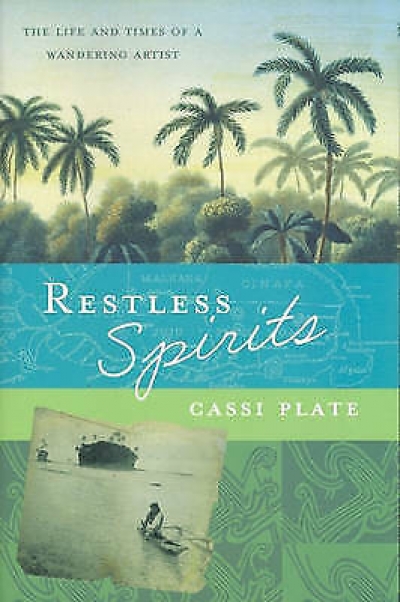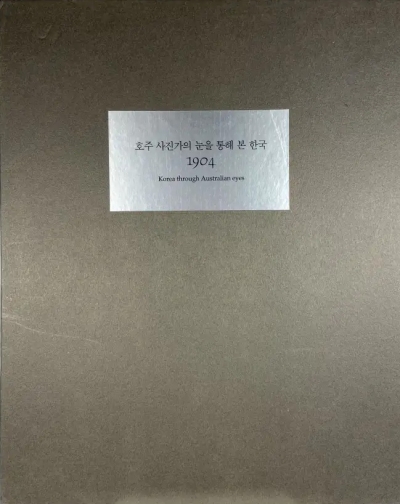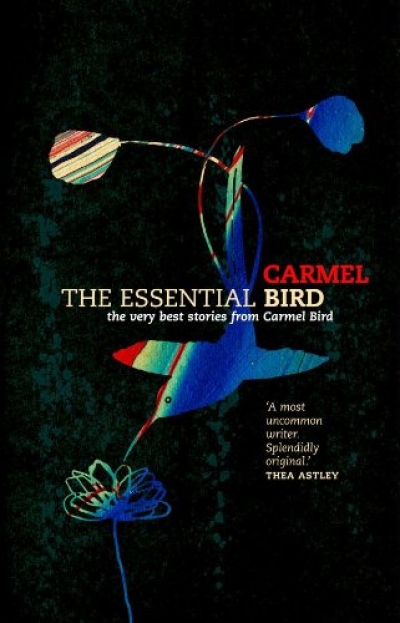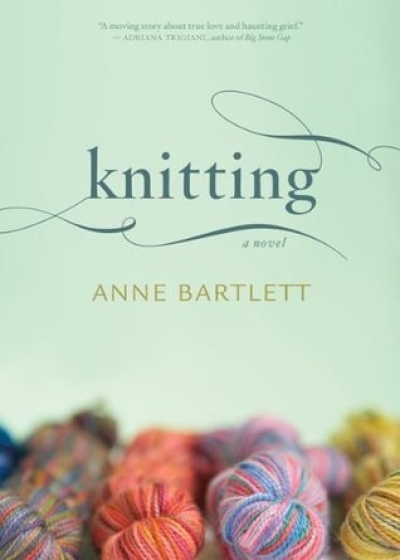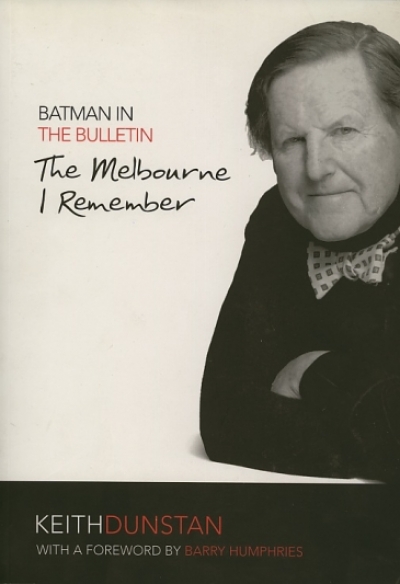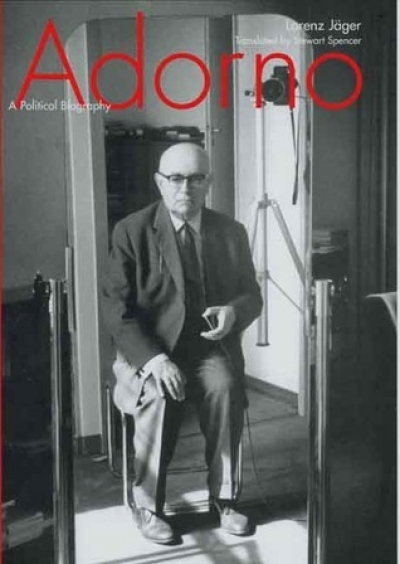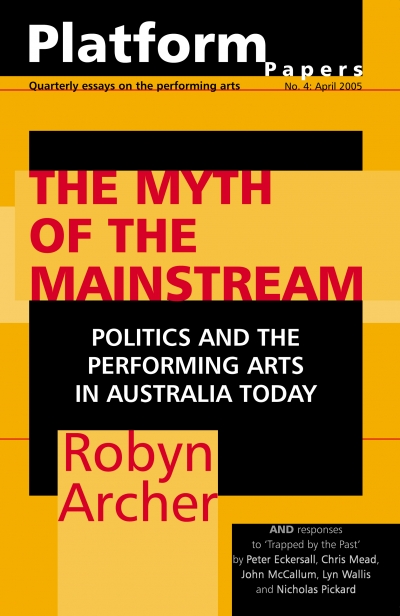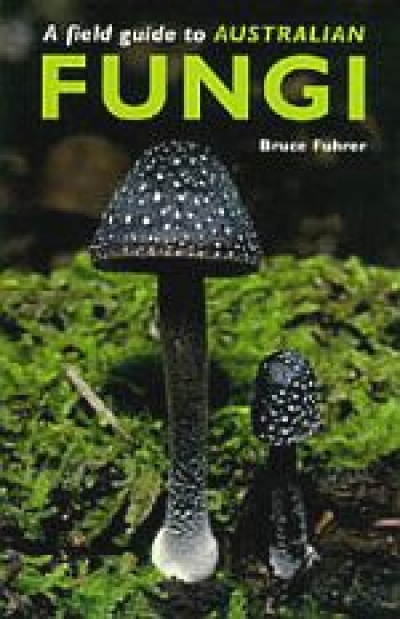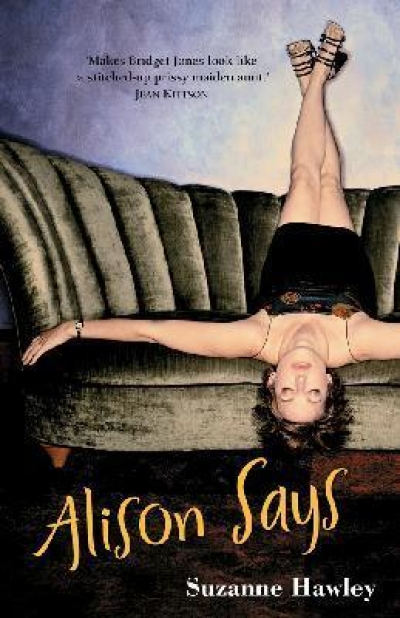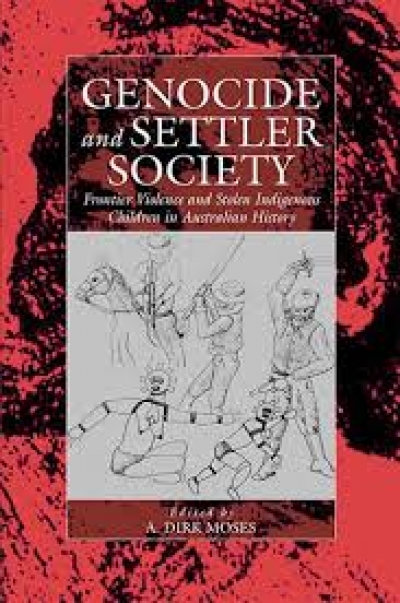First, the good news or the bad news about this novel? Perhaps the bad. Presenting the worst face of a character to the world is not in itself fresh or especially amusing any more. We are overrun with sitcoms reflecting us, warts and all. Bridget Jones was among the first of these types of characters in popular fiction, and I was variously amused and pained by her hapless and heart-warming antics. More recently, the anonymous Bride Stripped Bare startled me for the statutory fifteen minutes, and left me wondering where all the attractive taxi drivers were hiding. In Alison Says, a conflation of the above, I found the central character, Maggs, to be a bit tiresome – and tired. Maggs is a 24-year-old drama teacher who has recently been dumped. Two months later, Jamie, the ex-inamorato, becomes engaged to Lorelei, aka ‘the Rhine slut’. In the wake of these events, Maggs is emotionally vulnerable, but it’s all rather in the manner of someone in an arrested state of adolescence. Suzanne Hawley’s Maggs is a stock characterisation based on the humour of self-absorption and victimhood, narcissism and obsession. Hawley’s novel does not fully realise the key ingredient of chick lit: a central character that the reader either loves or loves to hate.
...
(read more)

